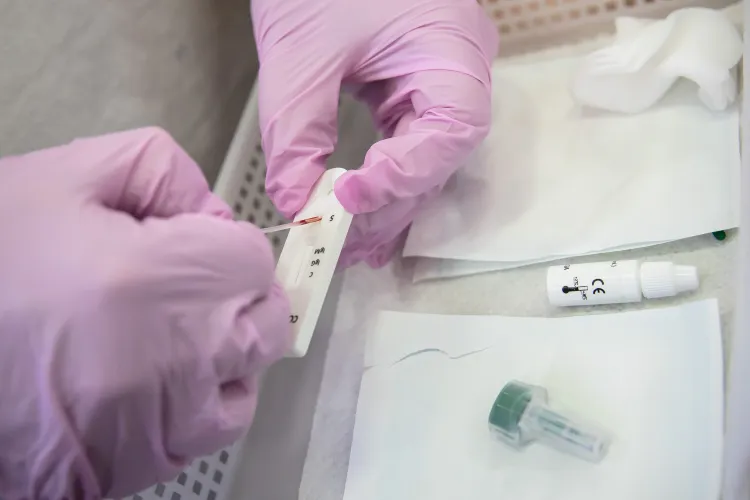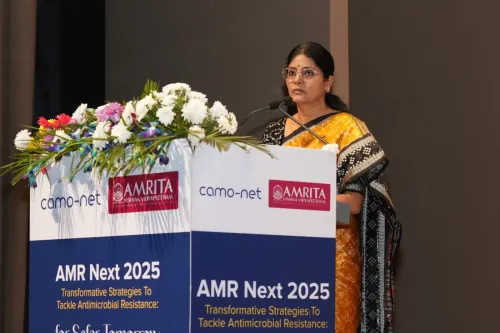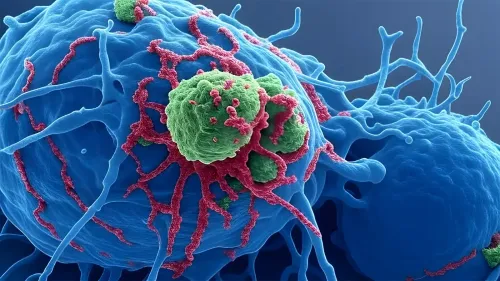How Are Scientists Discovering Antibodies That Protect Children From Deadly Strep A Infection?

Synopsis
Key Takeaways
- Antibodies identified that protect against Strep A.
- Research could lead to a vaccine saving 500,000 lives annually.
- Importance of early childhood in developing immunity.
- Potential global impact on public health.
- Research published in Nature Medicine.
New Delhi, Aug 9 (NationPress) - Researchers in the UK have made a groundbreaking discovery regarding how certain children acquire natural immunity to Strep A, a prevalent bacterial infection. This pivotal advancement holds the promise of developing vaccines that could potentially save nearly 500,000 lives worldwide each year.
While Strep A typically causes mild conditions like sore throats or skin infections, it can occasionally turn life-threatening.
In low- and middle-income nations, hundreds of thousands of individuals succumb to this infection annually, with increased mortality often attributed to heart damage from repeated infections.
Scientists from the University of Sheffield have successfully pinpointed the specific antibodies that confer protection against this perilous infection.
Dr. Alex Keeley from the University of Sheffield's Florey Institute of Infection remarked, "Our research signifies a crucial step toward formulating a safe and effective vaccine that could potentially save around half a million lives both in the UK and globally."
"For the first time in humans, we've observed how antibodies produced post-vaccination might prevent infections and elucidate how these antibodies combat Strep A," Keeley elaborated.
The findings, published in the esteemed journal Nature Medicine, examined how antibodies—our body's natural defenses against infections—develop in individuals in The Gambia from birth and throughout their lifetime.
It was discovered that although infants are born with some maternal immunity against Strep A, this protection diminishes rapidly.
Young children swiftly establish antibody responses to various components of the bacteria after being exposed to Strep A. Identifying this critical period for developing immunity represents a significant breakthrough for upcoming vaccine strategies.
"Understanding the vital role of the first few years of life in building immunity to Strep A allows us to gain profound insights into the development of this immunity," Keeley stated.
"We aspire for this research to lead to vaccine trials across various regions of the globe, ultimately demonstrating that vaccines can provide safe and effective protection against Strep A," the researcher concluded.









